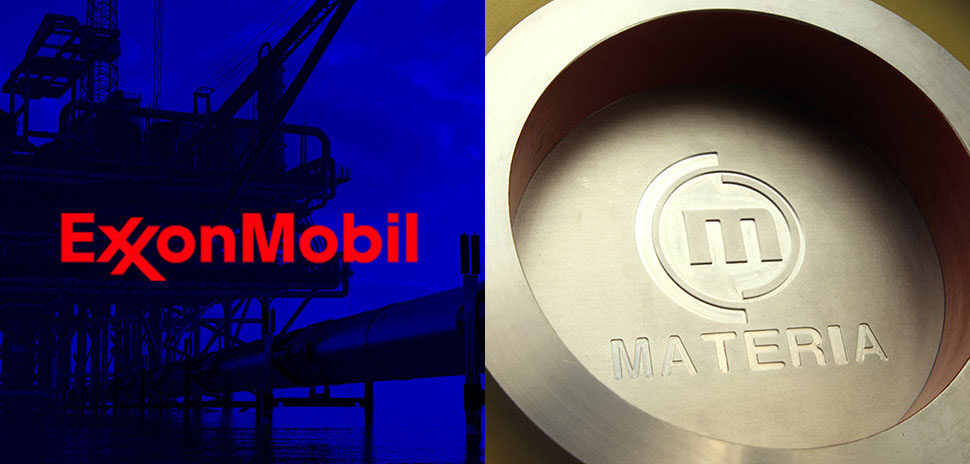Irving’s ExxonMobil announced a two-year agreement worth up to $60 million with Connecticut-based FuelCell Energy on using carbonate fuel cell technology to capture carbon dioxide from industrial facilities. The oil and gas giant is looking into conducting a pilot test by using this tech as a carbon capture solution at one of its operating locations.
“ExxonMobil is working to advance carbon capture technologies while reducing costs and enhancing scalability,” Vijay Swarup, vice president of research and development for ExxonMobil Research and Engineering Company, said in a statement. “This expanded agreement with FuelCell Energy will enable further progress on this unique carbon capture solution that has the potential to achieve meaningful reductions of carbon dioxide emissions from industrial operations.”
The two companies have worked together since 2016 on the carbon capture issue. The new two-year agreement prioritizes the optimization of the core carbon capture tech for use in large-scale facilities such as refineries and chemical plants.
The new deal with ExxonMobil underscores FuelCell Energy’s leadership in fuel cell tech, according to Jason Few, president and chief executive officer of FuelCell Energy, adding that the company was excited to work with ExxonMobil to “tackle one of the biggest challenges that exists today.”
The partnership with FuelCell Energy is part of ExxonMobil’s more than 30-year research into carbon capture and storage technology. It has a working interest in around one-fifth of the world’s total carbon capture capacity, while the global company captures about 7 million tons of carbon dioxide per year.
FuelCell Energy’s tech uses carbonate fuel cells to capture and concentrate carbon dioxide streams from large industrial sources by directing combustion exhaust into a fuel cell—a process that produces power and captures carbon dioxide for permanent storage. The process captures about 90 percent of carbon dioxide from exhaust systems while generating power.
The tech has a modular design that allows it to be used at a wide range of locations. This flexibility could lead to cost-effective large-scale deployments of carbon capture and sequestration.
![]()
Get on the list.
Dallas Innovates, every day.
Sign up to keep your eye on what’s new and next in Dallas-Fort Worth, every day.





































































